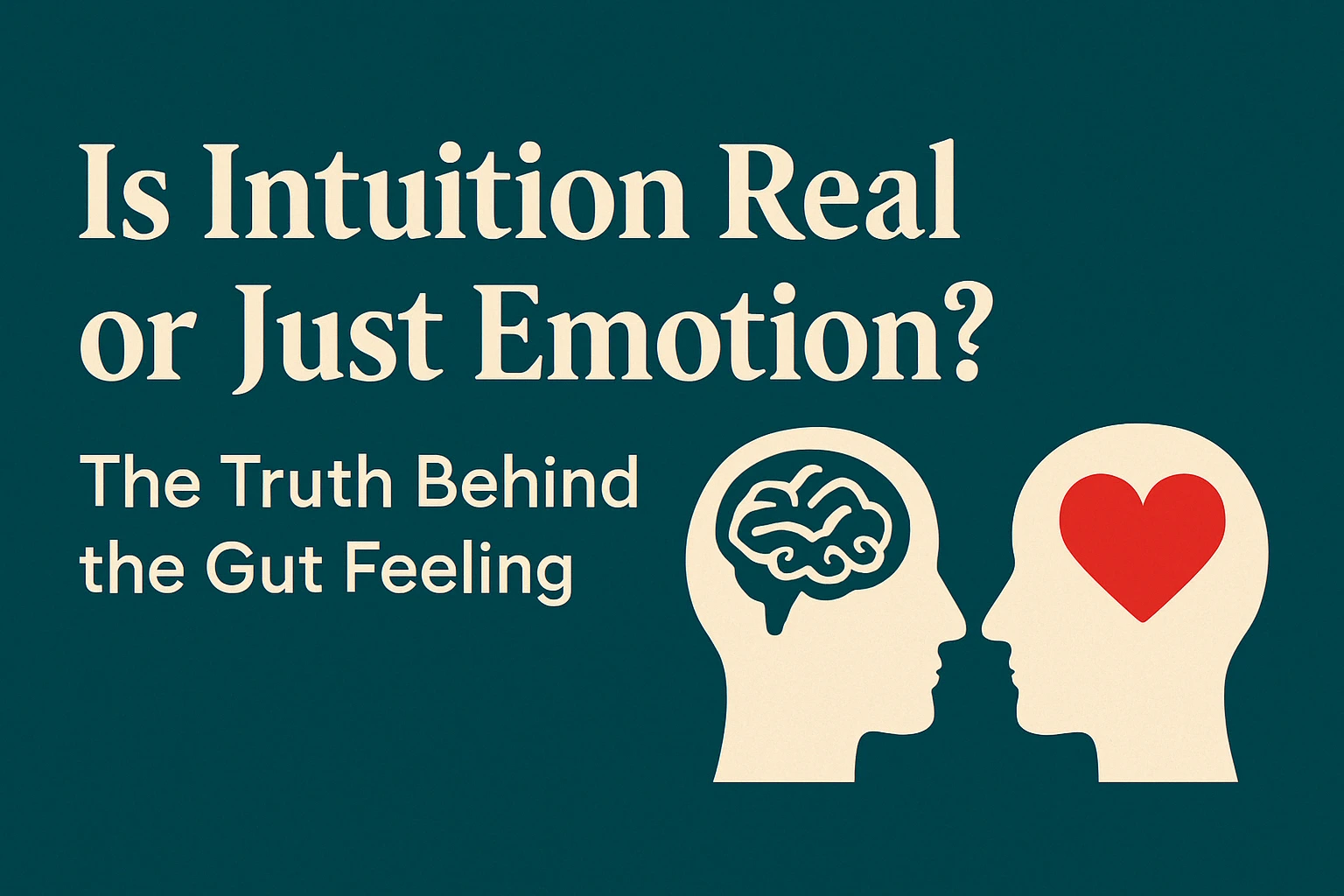Category: Mind and Emotions
The category explores the dynamic relationship between your thoughts, feelings, and intuitive abilities. Learn how emotional awareness and mental clarity influence your decision-making, creativity, and leadership. This section offers practical tools and insights for managing emotions, developing emotional resilience, and understanding how your mind processes intuitive information. By mastering the balance between mind and emotions, you can make more informed, authentic decisions and cultivate a deeper sense of self-awareness.









